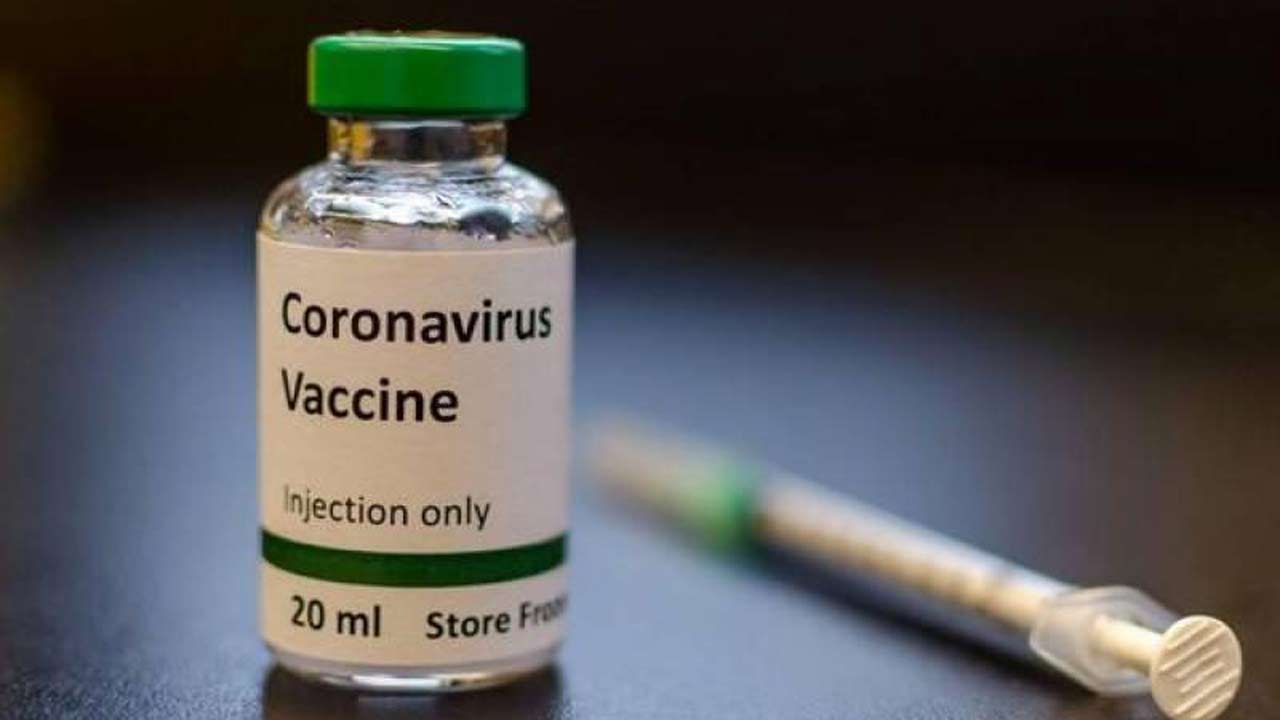A new study provides early evidence that a Covid-19 vaccine might be effective against two new coronavirus strains first identified in South Africa and the UK, despite a concerning mutation.The two strains share a mutation known as N501Y that scientists worry could allow the virus to evade the immune protection generated by a vaccine.In research posted online Thursday, scientists found that antibodies from people who had received the Pfizer/BioNTech vaccine showed “no reduction in neutralization activity” against a version of the virus that carries the N501Y mutation, which they created in the lab.In order to do this, researchers tested the virus against blood from 20 people who had received two doses of the vaccine as part of a clinical trial. The N501Y mutation is located in the coronavirus’ spike protein — the same structure targeted by vaccines. The virus uses this protein to enter the cells it attacks.
This particular mutation appears to help the virus attach to human cells, which may partly explain why these new strains appear to be more transmissible. But it is just one of many mutations in both strains that scientists have worried could make the virus less susceptible to vaccines or treatments.
The study — conducted by researchers at Pfizer and the University of Texas Medical Branch — does not test the full array of these mutation, nor has it been peer-reviewed.While viruses are expected to mutate — often in ways that are neutral or even harmful to the virus — experts say the whole is not merely the sum of the parts: Some mutations are known to interact with one another, occasionally changing the shape or function of structures like the spike protein.”A limitation of this study is that the mutation was tested in isolation,” Deborah Dunn-Walters, chair of the British Society for Immunology’s taskforce on Covid-19 and immunology, said in a statement. She noted that mutations that may have a compound effect “should be tested together.”Because people usually make more than one type of antibody against a virus, experts say it’s unlikely such a mutation would render the virus completely resistant to a vaccine. However, experts aren’t so sure the new strains will have no impact at all.”We will need to see actual protection from new variants in participants in the clinical trials that are still running to be sure the vaccine is equally effective,” Alexander Edwards, associate professor in biomedical technology at University of Reading’s school of pharmacy in the UK, said in a statement. Neither Edwards nor Dunn-Walters was involved in the new research.If a virus is more transmissible or less susceptible to a vaccine, experts say that could also raise the bar for the number of people who would have to be vaccinated to achieve herd immunity.In a statement last month, Pfizer said it had performed similar tests on “multiple mutant strains. To date, we have found consistent coverage of all the strains tested.”
It will be important to continue “monitoring of the significance of changes for vaccine coverage,” the researchers wrote in the new paper.That’s because of “the possibility that a future mutation … might necessitate a vaccine strain change.” Both Pfizer’s and Moderna’s vaccines use genetic technology that would allow the vaccines to be quickly adapted to account for mutations, they noted.In a statement Friday, BioNTech said it and Pfizer “are encouraged by these early, in vitro study findings,” but stressed that “further data are needed” to track the how effective the vaccine is at preventing disease caused by new variants.
SOURCE: CNN





I am constantly looking online for posts that can assist me. Thx!
Do you mind if I quote a couple of your posts as long as I provide credit and sources back to your site? My website is in the exact same area of interest as yours and my visitors would truly benefit from some of the information you provide here. Please let me know if this ok with you. Appreciate it!
I am perpetually thought about this, thankyou for posting.
Great post. I am facing a couple of these problems.
I relish, cause I found exactly what I used to be looking for. You have ended my four day lengthy hunt! God Bless you man. Have a nice day. Bye
Do you mind if I quote a few of your posts as long as I provide credit and sources back to your blog? My website is in the exact same niche as yours and my visitors would really benefit from some of the information you provide here. Please let me know if this alright with you. Thanks a lot!
I really like gathering useful information , this post has got me even more info! .